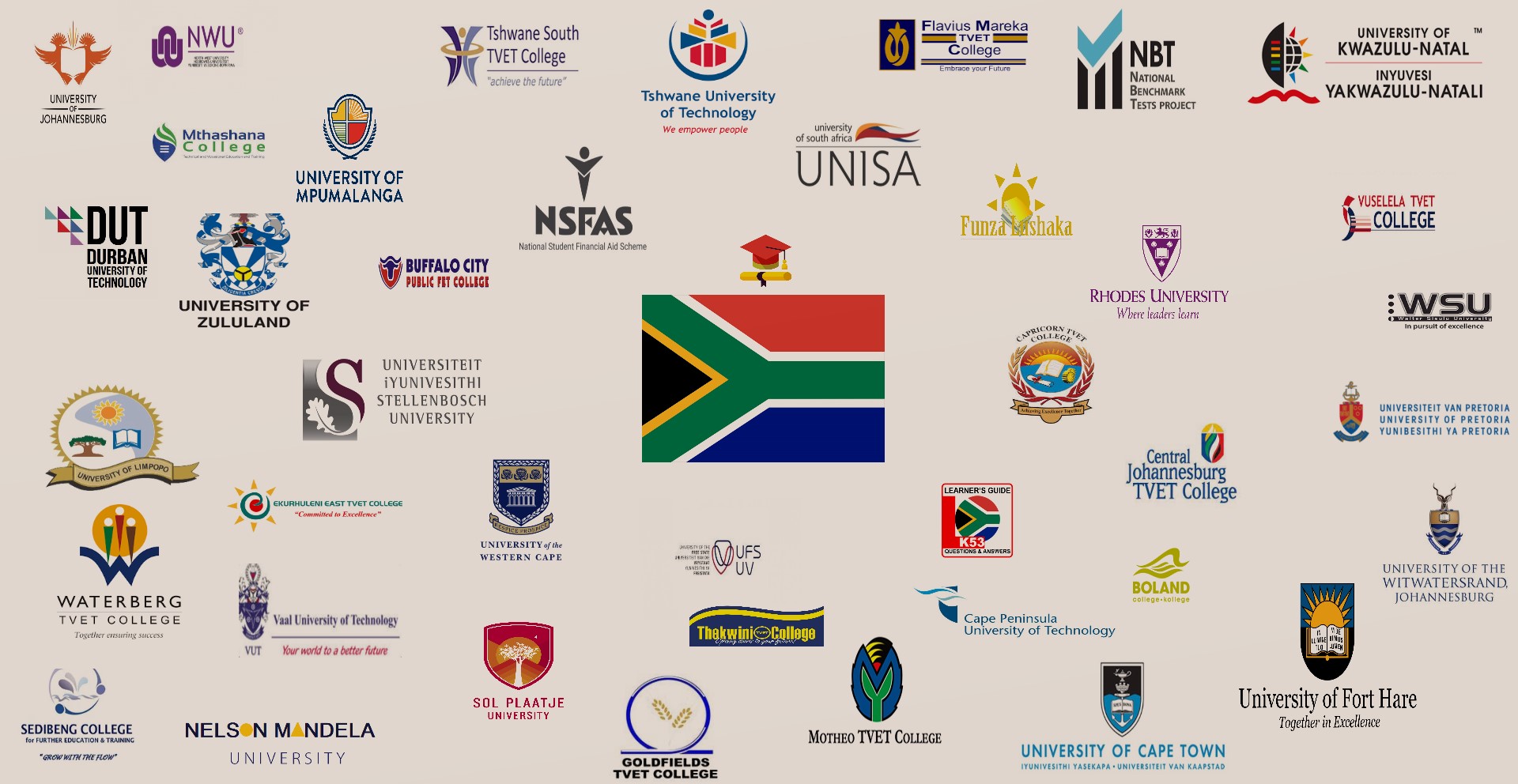Social media has become an integral part of the lives of South African youth, shaping their communication, education, career opportunities, and mental health. Platforms such as Facebook, Instagram, Twitter (X), TikTok, and WhatsApp dominate the digital landscape, influencing how young people interact with the world around them. While social media presents numerous opportunities, it also poses challenges that impact the youth in various ways.
Table of Contents
Positive Influences
Educational Benefits: Social media is a valuable tool for learning and knowledge-sharing. Platforms like YouTube and TikTok offer educational content, helping students access information beyond traditional classroom settings. Online study groups and discussions allow young people to engage with academic topics and collaborate with peers.
Career Opportunities and Networking: Many South African youth leverage social media for professional growth. LinkedIn, Twitter, and Instagram help young entrepreneurs, freelancers, and job seekers connect with potential employers and clients. Influencer marketing has also emerged as a viable career path for creative individuals.
Social Awareness and Activism: Social media has empowered young South Africans to engage in social and political discussions. Movements such as #FeesMustFall and #EndGBV gained momentum, enabling youth to advocate for change and hold leaders accountable.
Entrepreneurship and Digital Marketing: Young entrepreneurs use social media to promote businesses, showcase products, and engage with customers. Platforms like Instagram and Facebook Marketplace have enabled small businesses to thrive, reducing reliance on traditional business models.
Negative Influences
Mental Health Concerns: Prolonged social media use can contribute to anxiety, depression, and low self-esteem. Many young people compare their lives to curated online personas, leading to unrealistic expectations and feelings of inadequacy.
Cyberbullying and Online Harassment: The anonymity of social media has led to increased cases of cyberbullying, affecting the mental well-being of many South African youth. Victims often experience emotional distress, which can have long-term psychological effects.
Misinformation and Fake News: With the rapid spread of information, young people are exposed to fake news and misinformation. This can lead to misconceptions about important issues, influencing opinions and behaviours negatively.
Addiction and Reduced Productivity: Excessive social media use can lead to addiction, reducing focus on academics, work, and personal development. Many youths spend hours scrolling through content, negatively impacting their time management skills.
Finding a Balance
To maximize the benefits of social media while minimizing its risks, South African youth should practice responsible social media use.
This includes setting time limits, engaging with positive and educational content, verifying information before sharing, and prioritizing mental health by taking digital breaks.
Parents, educators, and policymakers should also play a role in promoting digital literacy and online safety.
Social media is a double-edged sword for South African youth. While it offers immense opportunities for education, networking, and activism, it also presents challenges such as mental health risks, cyberbullying, and misinformation.
By using social media wisely, young people can harness its power for personal and professional growth while safeguarding their well-being.
#STAYSAFE!

